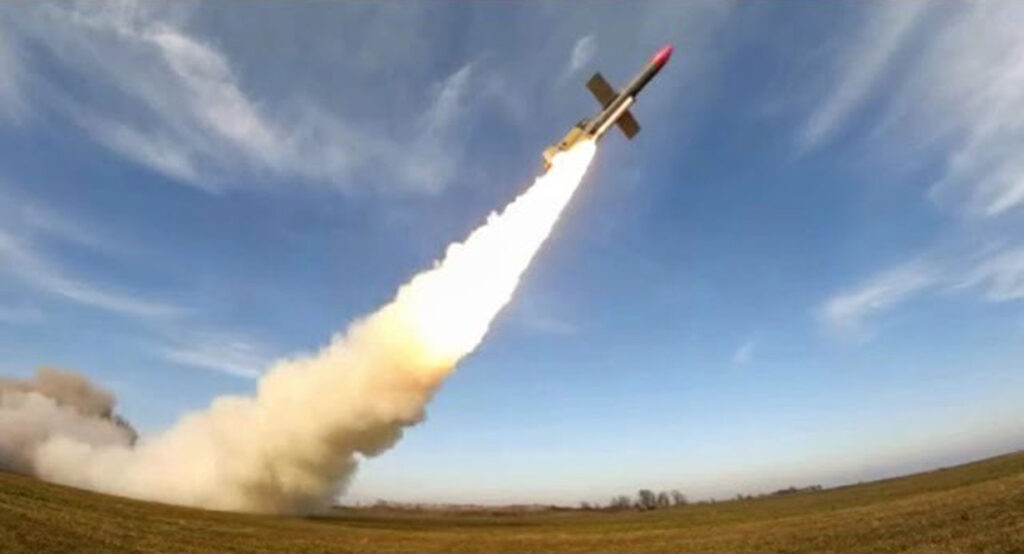Der Spiegel: Germany’s AfD lawmakers suspected of feeding sensitive Bundeswehr data to Russian intelligence

Lawmakers from Germany’s pro-Russian far-right party AfD are facing accusations of gathering sensitive data that may benefit Russian or Chinese interests, according to Der Spiegel, with officials citing close ties to both countries. The accusations focus on the party’s series of unusually detailed and patterned parliamentary requests into Bundeswehr capabilities and infrastructure.
Bundestag clash over espionage allegations
Der Spiegel reported that in the German Parliament—Bundestag—the ruling coalition's parties have demanded explanations from AfD lawmakers following what they describe as disturbing intelligence-gathering behavior masked as routine oversight. CDU parliamentary leader Jens Spahn confronted AfD chair Alice Weidel with the claim that the sus[picion of “working as elected representatives on behalf of hostile powers in Parliament is among the gravest that can exist.” Spahn warned that Weidel’s silence could make her “at least complicit in potential treason.”
SPD and CDU legislators called for an emergency debate to address the “effects of AfD’s relations with Russia on Germany’s security interests.”
Thomas Röwekamp, head of the Bundestag Defense Committee, told Der Spiegel that AfD lawmakers had submitted “a large number of systematically structured and very detailed inquiries into military capabilities and gaps.” Röwekamp stressed that the content and frequency of these requests went far beyond standard parliamentary interest and instead appeared “targeted and grid-like” in their collection of militarily sensitive information.
AfD’s questions raise red flags in defense circles
Some of the inquiries submitted by AfD MPs included precise questions about drone defense, military logistics, Bundeswehr procurement schedules, and even gaps in cybersecurity at various ministries.
According to Der Spiegel, one parliamentary request asked the Interior Ministry to detail how many data centers it operates and how many of them have long-term emergency power supplies. Other requests focused on the cyber-readiness of the Digital, Transport, Finance, and Defense Ministries.
High-ranking military officials and leadership in the Defense Ministry are alarmed. According to Der Spiegel, multiple ministries came to the same conclusion: the nature of AfD’s questions suggests intentional efforts to identify structural weaknesses. Some government analysts believe the questions reflect coordination, possibly based on requests from abroad, targeting both current defense capabilities and planned upgrades.
Thuringia’s Interior Minister Georg Maier warned that AfD appeared to be “working through a task list from the Kremlin,” and said the party had long been misusing parliamentary tools to probe critical infrastructure. Röwekamp echoed this assessment, linking the inquiries to what he called “hybrid attacks against Germany,” likely meant to support Russian strategic goals.
“We have long known that there are demonstrably close connections between the AfD and Russia and China," Maier told Der Spiegel.
Der Spiegel recalled a 2021 case it had previously uncovered, in which a Chinese Ministry of State Security agent bragged about using contacts to launch a Bundestag inquiry on Hong Kong through AfD lawmaker Stefan Keuter, who denied any cooperation with Chinese intelligence.
